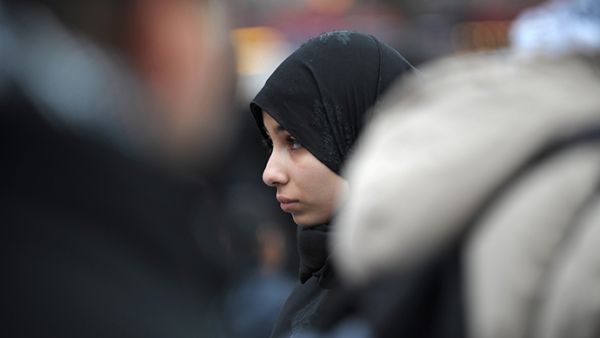The European Union have ruled that companies can refuse to employ Muslim women for wearing headscarves, in a landmark and heavily criticised case.
The ruling dictates that headscarves can be banned as long as the prohibition applies to all visible religious or political symbols, stating that such a blanket policy could be justified by the need to ensure neutrality in the workplace. The ruling is not yet binding and judges are now mulling over the final form it will take.
It was passed in response to the case of Samira Achbita, a Muslim woman in Belgium who was fired from her job at a security company, G4S, after wearing a headscarf.
The decision was criticised by many commentators, who said it was likely to disproportionately affect Muslim women. Recent studies have already indicated that this is a group particularly harmed by a rise in islamophobic sentiment around Europe, thanks, in part to the greater visibility of women who wear the hijab as part of their religious faith.
Hello to further discrimination against Muslim women: Companies can ban Muslim headscarves, EU lawyer rules https://t.co/8R0yFU1Z3a
— Aisha S Gani (@aishagani) 1 June 2016
A short-sighted decision from the ECJ. This will only drive wedges between faiths rather than bring them together. https://t.co/nBxxZWd9Jg
— James Johnson (@jamesjohnson252) 1 June 2016
Similar cases are ongoing in the European courts. In France, the wearing of headscarves is prohibited in public schools, along with all other conspicuous religious symbols such as Christian crosses and Sikh turbans. French courts have in the past upheld the legality of the dismissal of women wearing veils.







